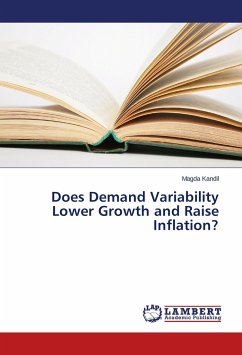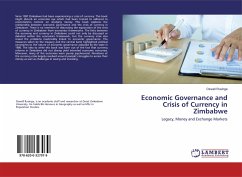The paper investigates asymmetry in the allocation of aggregate demand shocks between real output growth and price inflation over the business cycle in a sample of fifteen Caribbean countries. In most countries, the evidence indicates the existence of structural constraints, implying that positive demand shocks feed predominantly into prices while negative demand shocks mainly affect output. The high variability of aggregate demand in Caribbean countries, frequently exposed to shocks that are exacerbated by pro-cyclical policy stance, tends to create an upward bias on inflation and a downward bias on real output growth, on average, over time. The analysis highlights the benefits of eliminating structural rigidities responsible for asymmetric real and inflationary effects and points to the dangers of pro-cyclical macroeconomic policies that exacerbate the adverse effects of demand variability.
Bitte wählen Sie Ihr Anliegen aus.
Rechnungen
Retourenschein anfordern
Bestellstatus
Storno








